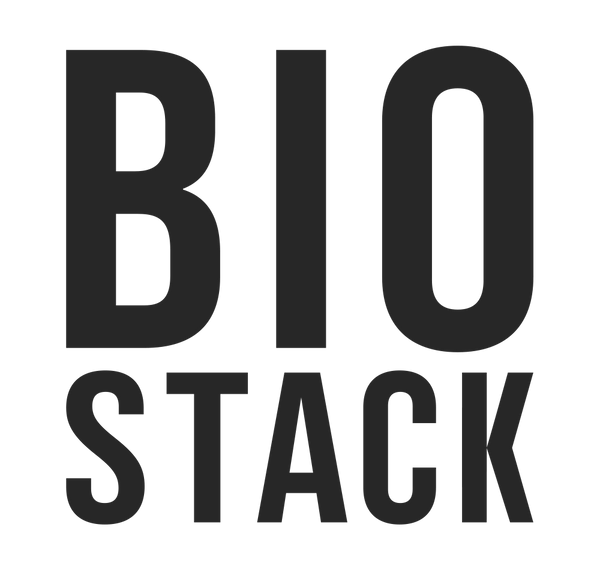
The Morning Boost: NAD Levels, Circadian Rhythms, and Energy Metabolism
Share
The Morning Boost: NAD Levels, Circadian Rhythms, and Energy Metabolism
In the realm of cellular biology, few molecules hold as much sway over our health and vitality as Nicotinamide Adenine Dinucleotide (NAD+). Recent studies have shed light on the intriguing connection between NAD levels, circadian rhythms, and energy metabolism, particularly noting the surge of NAD in the morning. In this comprehensive exploration, we delve into the fascinating interplay between NAD levels, circadian rhythms, and the metabolic dance that unfolds each morning.
Understanding NAD and Its Role
Nicotinamide Adenine Dinucleotide (NAD+) is a coenzyme found in all living cells, essential for a myriad of biological processes. It serves as a crucial cofactor for enzymes involved in energy metabolism, DNA repair, and cellular signaling. NAD exists in two forms: NAD+ (the oxidized form) and NADH (the reduced form). NAD+ plays a pivotal role in cellular processes that govern aging, stress response, and overall cellular function.
The Circadian Rhythm and Its Influence on NAD Levels
The circadian rhythm is the body's internal clock, orchestrating a symphony of physiological processes over a 24-hour cycle. Research has unveiled a rhythmic pattern in NAD levels, with a notable surge occurring in the morning. This elevation in NAD levels aligns closely with the peak of the circadian rhythm, reflecting the body's metabolic readiness for the day ahead.
The precise mechanisms underlying the circadian regulation of NAD levels are complex and multifaceted. Core clock genes, such as CLOCK and BMAL1, govern the expression of genes involved in NAD biosynthesis and metabolism. Additionally, external cues like light exposure and nutrient availability influence the circadian regulation of NAD levels.
Energy Metabolism and the Morning Boost
The surge in NAD levels in the morning corresponds with the body's heightened energy demands as it transitions from restorative sleep to wakefulness. During the overnight fast, when nutrient intake is minimal, the body relies on stored energy reserves to fuel essential processes. As the fasting period comes to an end, NAD levels rise, priming the body for efficient energy production and utilization.
NAD-dependent enzymes, such as sirtuins, play a pivotal role in orchestrating metabolic pathways that drive energy production. These enzymes facilitate processes such as glycolysis, fatty acid oxidation, and mitochondrial respiration, ensuring a steady supply of energy to meet the body's demands.
Overnight Fasting and Morning NAD Levels
The overnight fasting period plays a crucial role in regulating NAD levels and metabolic health. During fasting, the body undergoes a series of metabolic shifts aimed at conserving energy and promoting cellular repair and rejuvenation. As glycogen stores are depleted, the body begins to rely on alternative fuel sources, such as fatty acids and ketones, to sustain energy production.
Fasting also stimulates the production of NAD precursors, such as nicotinamide riboside (NR) and nicotinamide mononucleotide (NMN), which fuel the synthesis of NAD. Studies have shown that overnight fasting can enhance NAD levels, particularly in the morning upon breaking the fast. This surge in NAD primes the body for optimal metabolic function and cellular resilience.
The Morning Ritual
Optimizing NAD Levels and Circadian Health: Given the critical role of NAD in energy metabolism and cellular function, nurturing circadian health becomes paramount for overall well-being. Establishing a morning ritual that aligns with the body's natural rhythms can help optimize NAD levels and promote metabolic health.
Start the day with a nutritious breakfast that provides essential nutrients and supports NAD metabolism. Incorporate foods rich in NAD precursors, such as dairy products, lean meats, fish, nuts, and green vegetables, into your morning meal. Additionally, consider supplementation with NAD REGEN.
Prioritize physical activity in the morning to further enhance NAD levels and metabolic function. Engage in activities like brisk walking, jogging, or yoga to kickstart your metabolism and invigorate your body and mind. Exposure to natural light during the morning hours can also help regulate the circadian clock and synchronize NAD metabolism with the body's internal rhythm.
The surge of NAD levels in the morning represents a remarkable synergy between circadian rhythms and energy metabolism. Understanding the intricate interplay between NAD levels, circadian rhythms, and overnight fasting provides valuable insights into optimizing metabolic health and promoting overall well-being. By embracing morning rituals that support NAD metabolism and circadian health, we can harness the power of our body's internal clock to thrive each day.
